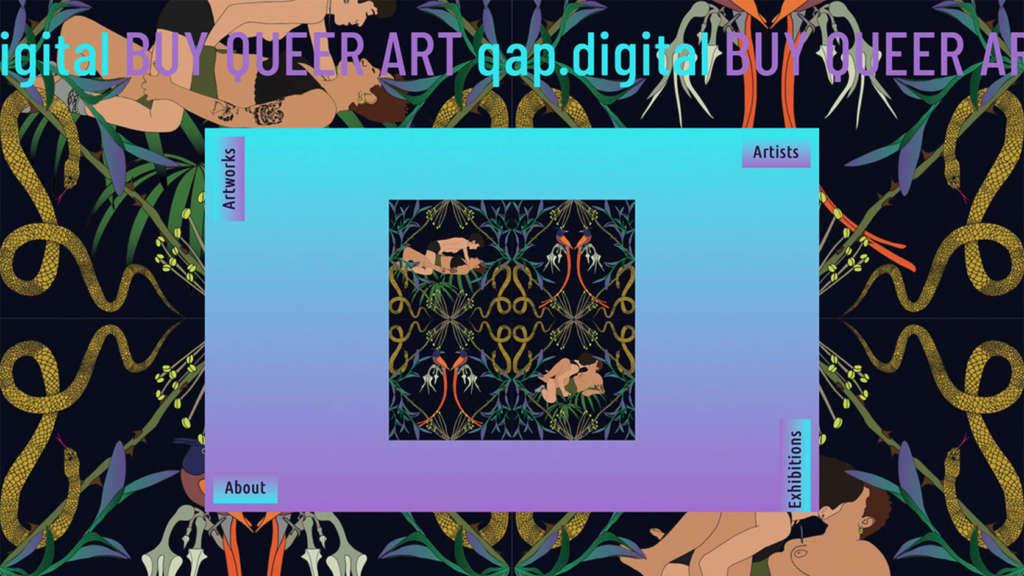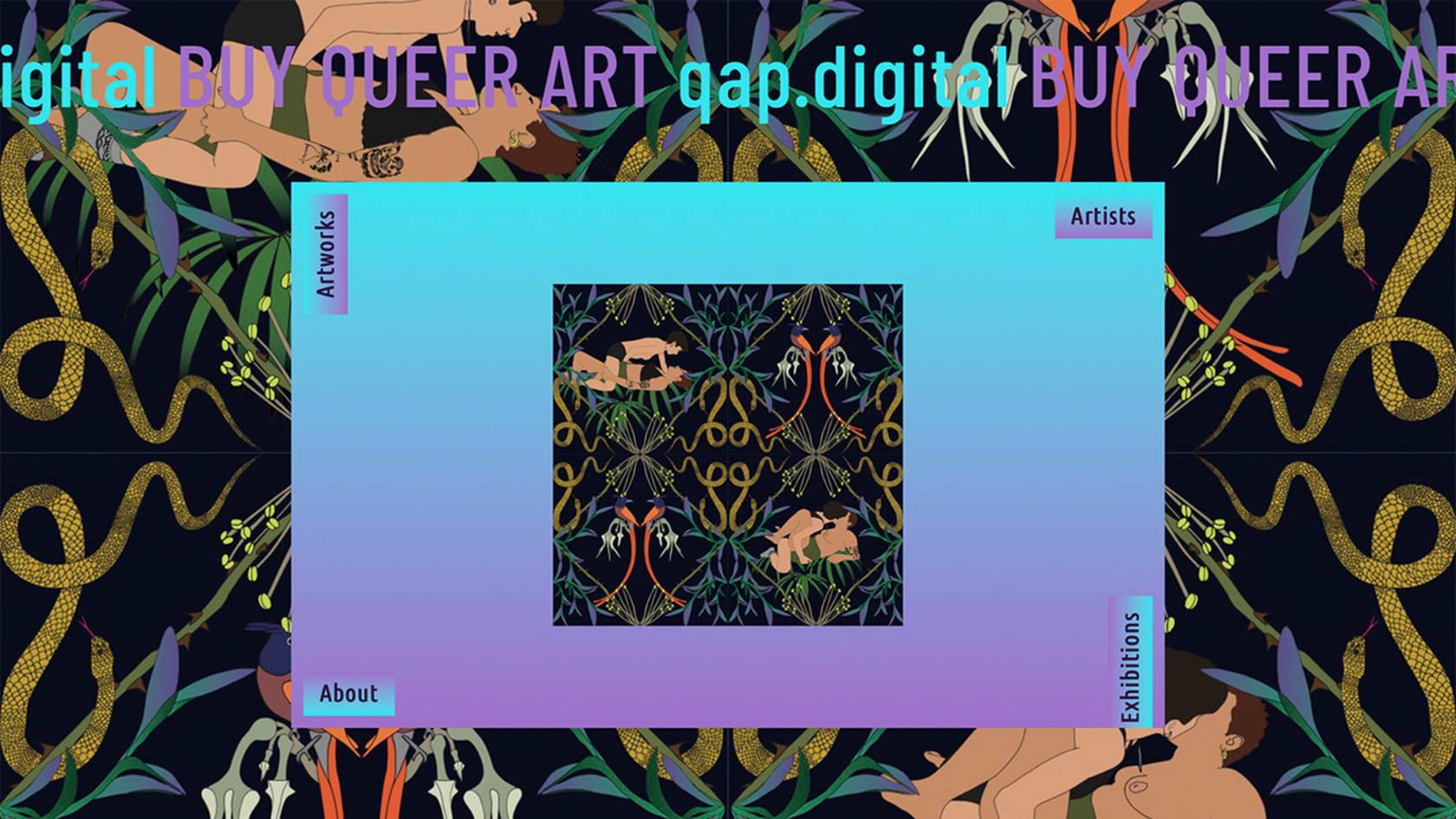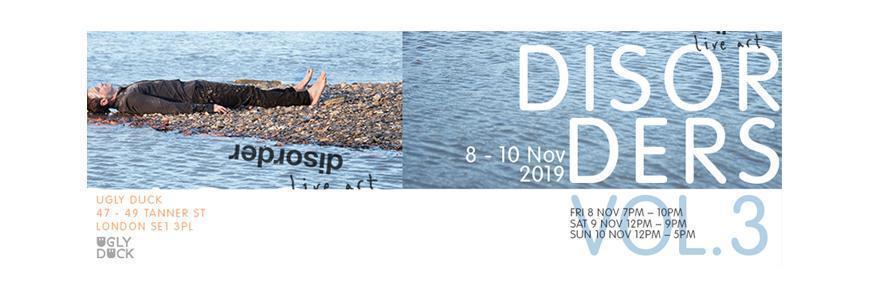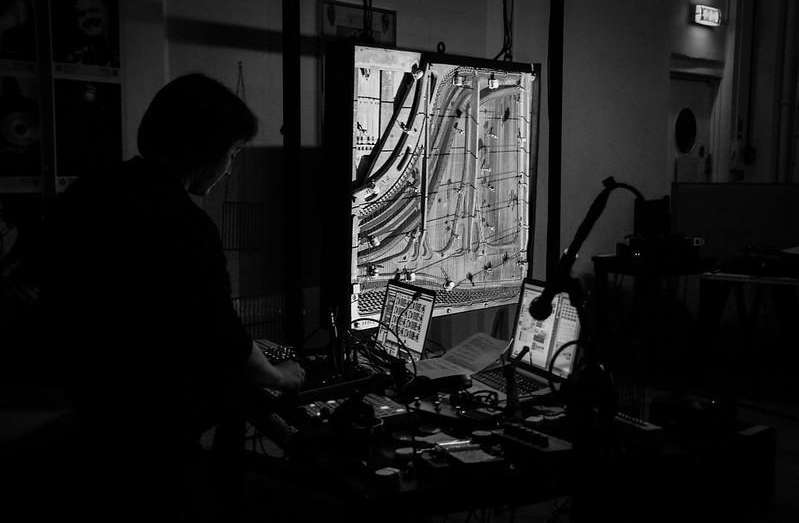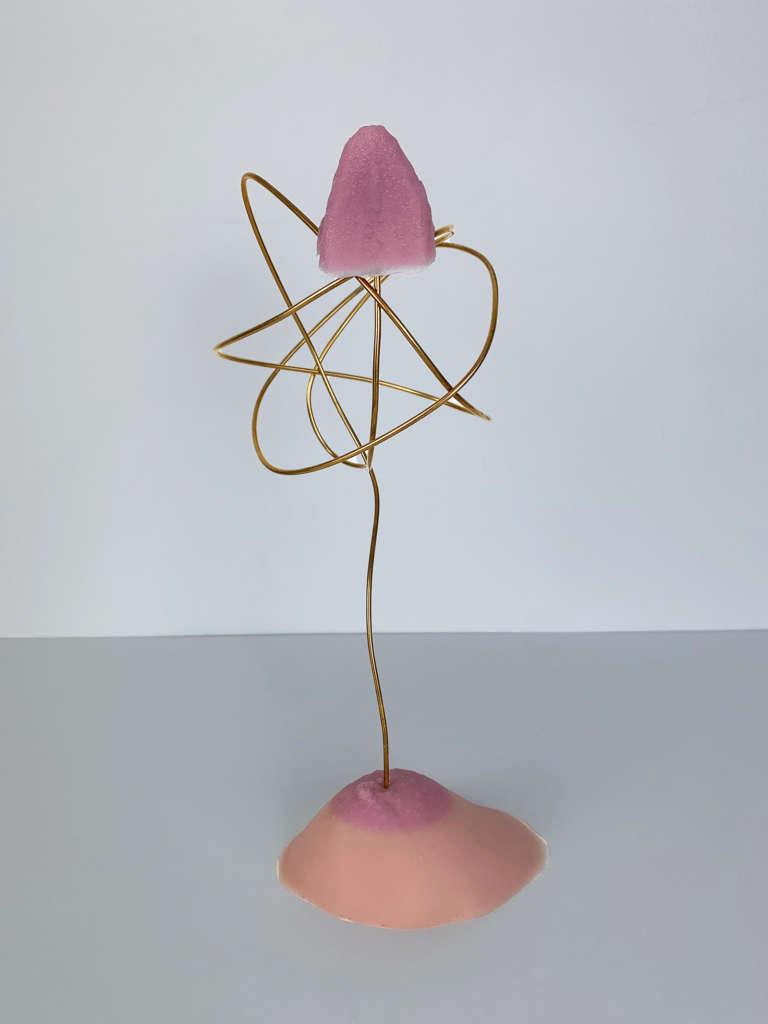

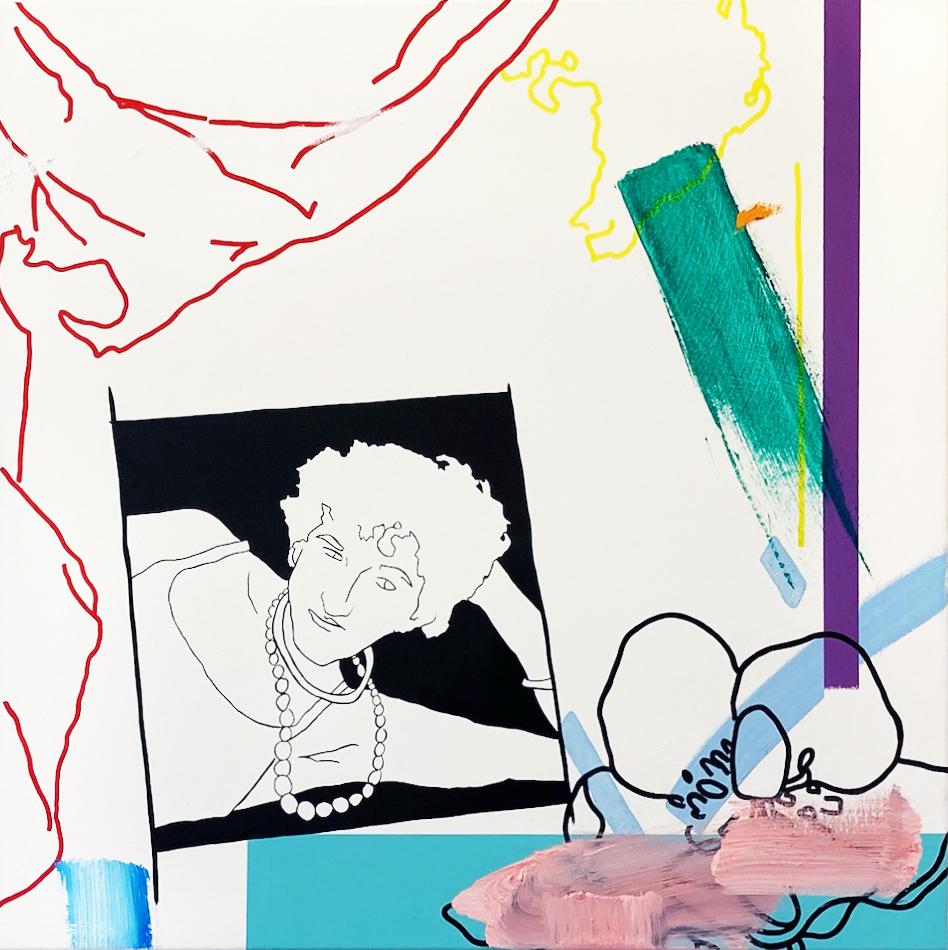
Artworks: Alice Radage – Gemma Rolls-Bentley – Chris Hawkes
Queer Art Projects (QAP) is led by the two artists and performers Tuna Erdem and Seda Ergul. They create and organise exhibitions, performances, screenings, talks and workshops, commissioning new work from queer artists on cutting edge contemporary issues and bringing existing work together in contexts that underline their relevance and resonance.
We caught up with them for the launch of their online gallery and for the re-launch of our blog !
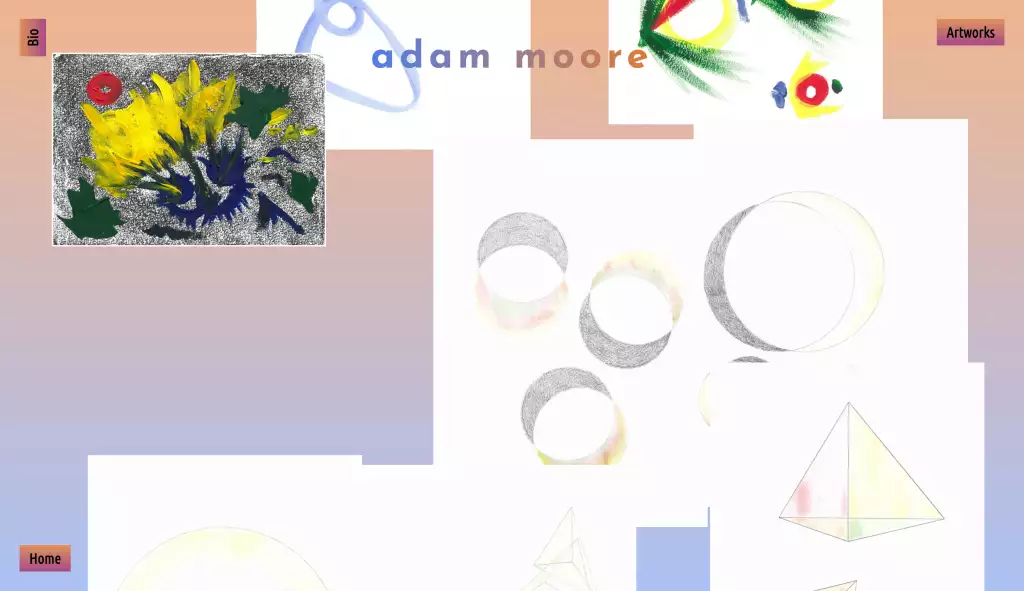
Qap Digital – Adam Moore
Tuna and Seda, thanks for taking the time to talk to us.
What’s the story behind Queer Art Project – when did you start ?
6 years ago, we decided we wanted to move from Turkey to the UK for various reasons among which was the deteriorating conditions for queers. After much research we realised that the best option was to make use of a special business visa for Turkish people which required us to come up with a business plan to establish a company in the UK. We were artists, scholars and curators with extensive experience of organising cultural events. So, we based our business plan on what we knew and came up with Queer Art Projects. Which basically means we started without even knowing anything about the UK art scene and jumped into it from the deep end. It’s a miracle we managed to float 🙂
What are the in’s and out of running an artist led production company? Do you still have time for your own practice?
Production in the arts and cultural sector is project based which means with every project you have to start from scratch work with new people, new venues, new collaborators. This is quite a challenging process and by the time you have established a good working structure the project is over and you have to start all over again. Also we do creative production which means most of the time production work and curation go hand in hand practically you end up doing at least two different jobs at the same time. When you are also an artist things get even more complicated. This is quite a small sector and you end up working with your peers and friends inevitably which is of course great but creates delicate boundary issues. Especially if you try to produce, curate and be an artist at the same time in the same project which is a mistake which we will not be repeating soon 🙂 But if we don’t include ourselves as artists in our own projects we can’t find the time for our own practice and producing other’s work when we can’t do our own becomes frustrating. In short we need to do a balancing act like walking a tightrope.
What’s the most insane event you’ve ever organised?
One insanity that comes to mind is a project we worked on for six months to prepare and it never happened because it was due to start the very day the first lockdown was announced. It was a collaboration between Cuntemporary and QAP called Deep Trash Turkish Delight. It was supposed to consist of an art party/performance night/ exhibition at BGWMC, a conference at Goldsmiths, a film screening at Horse Hospital, a performance documentation event at LADA and various workshops. We had Arts Council funding, everything was ready, the booklet was published but in the end we could only do the conference online and cancelled the rest. This experience taught us that even to cancel events you have to work hard and fast and when you do this just when you were hyped for the events that you worked so hard to realise it is kind of soul crushing.
What do you find the most challenging as artists living in the UK ?
The fact that you need to have a day job to survive as an artist, that it’s not a sustainable practice as a recent report has shown it pays far less than minimum living wage. Our day job is production in the arts sector which pays less than most day jobs do. In short, what we find most challenging as artists living in the UK is to make a living. Maybe the most insane thing we do is to insist on trying to make a living within this sector. But this is not just a monetary thing, it makes you constantly question your own value and the value of the work you do.
What sort of initiative would be of help for you ?
An initiative to end capitalism?
Art is increasingly being asked to do other things like social work, education, activism, community work etc and although we don’t mind some of these intersections we think it’s a problem that art is no longer seen as a value in its own right and artwork as valuable work. We don’t know what kind of initiative could bring back this valuation but it seems it would help us a lot.
You recently launched qap.digital an online gallery and platform selling queer artist’s work. What do you think are the main blockers that queer artists encounter when trying to sell their work? How can your platform support them ?
The wider art market looks at the queer artist as tokens to tick boxes, which means the queer artist is forced to fit into this tiny box: they are expected to make art only about queer issues, in what passes as a recognisably queer style, turning the “box” into a life sentence.
Tokenism also means queer artists are made to compete with each other rather than collaborate or create collectively.
This is why we need a dedicated platform for queer artists to form and draw strength from the community, to move beyond the straightjackets imposed by the wider market, and come out of the ticked “boxes” as we once came out as queer.
One of the benefits of a platform dedicated to queer artists would be to help us see how diverse queer is within itself, instead of normalising or standardising what deviates from the norm as inclusion into the wider market, on the market’s own terms would mean, creating an awareness of not only the diversity and dynamism offered by queer art but by queerness itself.
Most queer artists are understandably weary of the wider art market dynamics, the cut throat competition, the speculative prices, the danger of selling out, the pressure to behave and speak in a “straight” manner, the risk of finding yourself a part of something you feel is ideologically suspect or next to an artist you do not respect etc. Most galleries do not understand these kinds of concerns. Being queer artists ourselves we are hoping to cater to these needs even if we might have less chance of selling the artwork then more established sales platforms.
One of the blocks that queer artists encounter in the art market is the binary logic it operates on, for instance the established artists versus emerging artist binary, which is based on a false assumption that art is a career with a straight path and also insidiously relies on ageism since the emerging artist is supposed to be young and the established artist is supposed to be mature. As if until a certain age you haven’t made it you are deemed a failure, as if art history is not full of great artists ‘discovered” after their death. This established/ emerging binary also disregards all sorts of differences like how migration or gender transition necessitates a late emergence, and as such proves that the binaries that the art market operates on take for granted that the artist has a privileged background.
Qap.digital will not be operating based on these binaries. We will be a non binary gallery 🙂
QAP and Ugly Duck have recently become friends with benefits, meaning that Ugly Duck will support the pool of artists that QAP works with by providing low / free cost of our studio, will operate visibility exchanges and will co curate a show in the summer.
Watch this space !
